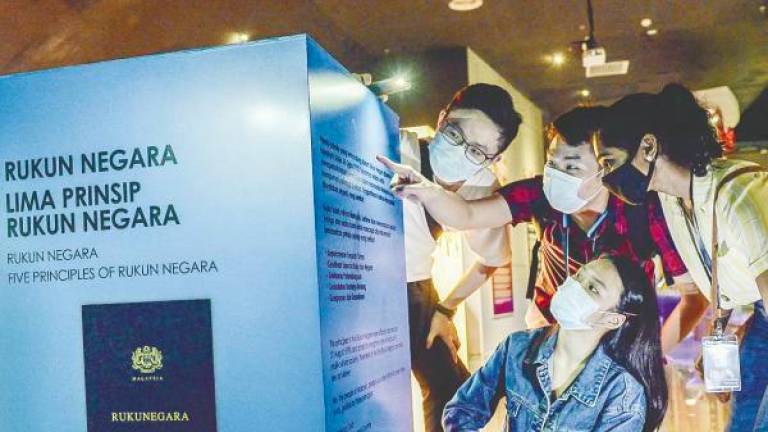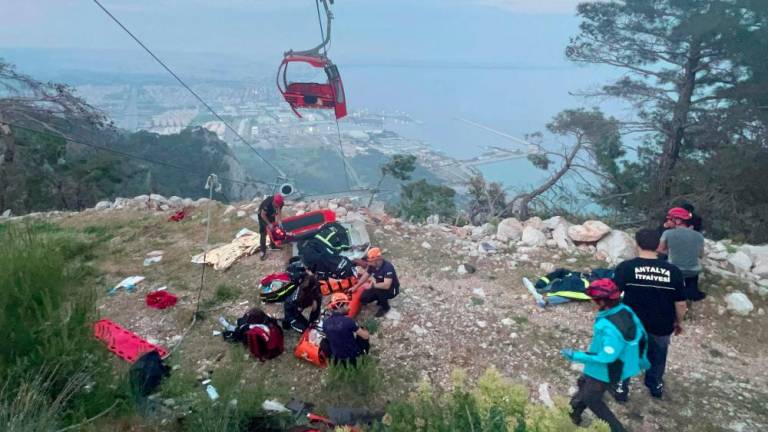MEXICO CITY: Mexico’s Supreme Court overturned a controversial “internal security law” Thursday that formalized the use of the military to fight crime, a practice critics say has caused an explosion of violence and rights violations.
The Mexican government deployed the army in 2006 to crack down on the country’s powerful drug cartels, and Congress passed the security bill last year in a bid to regularize the situation.
President Enrique Pena Nieto signed the bill into law, but after widespread outcry, decided not to apply it until the Supreme Court had ruled on its constitutionality.
In a 9-1 decision, the court ruled the law was unconstitutional because Congress did not have the authority to give the military a role in domestic security.
“This is clearly a constitutional fraud,“ said justice Arturo Zaldivar.
Congress “is saying it’s regulating one thing when in reality it’s regulating another, taking as a starting point the fact that there is no authority for the armed forces to intervene in public security”.
However, the ruling has little impact on the ground. The law never entered into effect, and the military has continued anti-crime operations as before.
The army, seen as less corrupt than the federal, state and local police, has helped catch a string of high-profile drug lords since former president Felipe Calderon sent it into the streets to fight crime 12 years ago.
But Mexico has seen a sharp rise in violence since the drug war began — more than 200,000 murders, including a record 28,711 last year.
Critics also accuse the army of committing human rights violations, and warned the security law only perpetuated the situation and delayed needed reforms of the under-trained and corruption-tainted police.
Mexican President-elect Andres Manuel Lopez Obrador, long a critic of the military deployment, said Wednesday he would nevertheless continue using troops for internal security after he takes office on Dec 1, saying it was the only option.
He proposed eventually creating a national guard that would integrate the military, naval and federal police — though that would require a constitutional reform. — AFP












